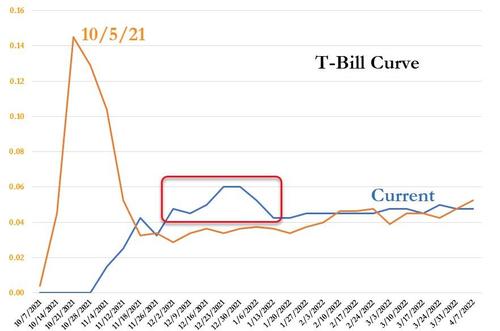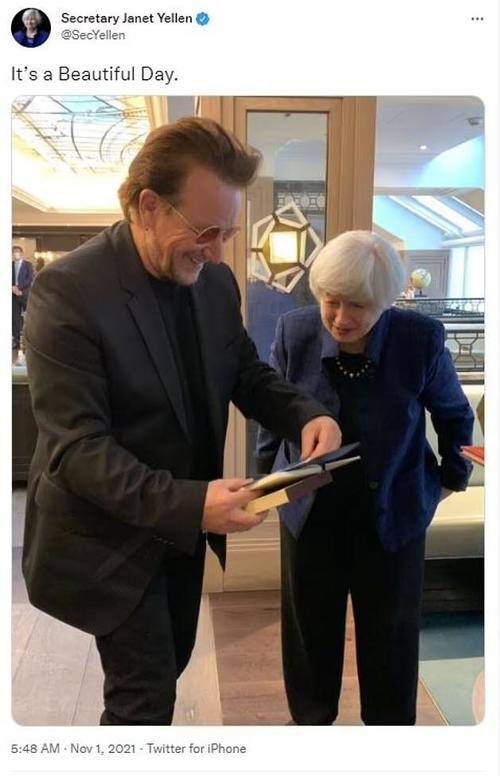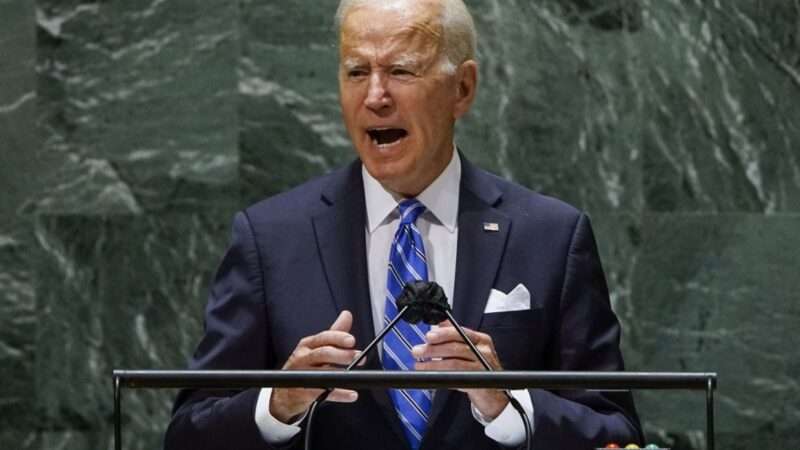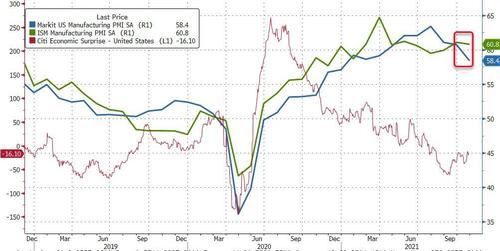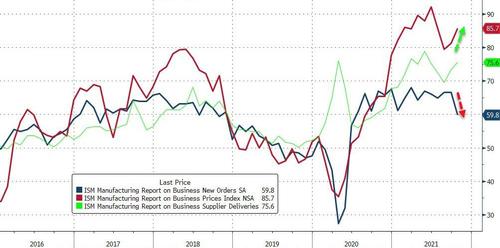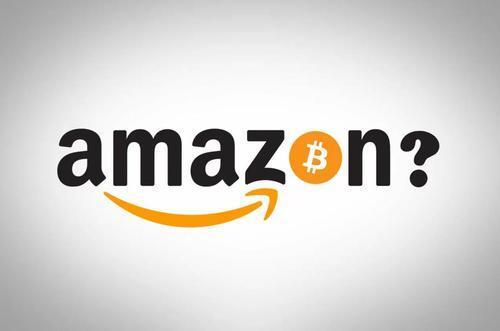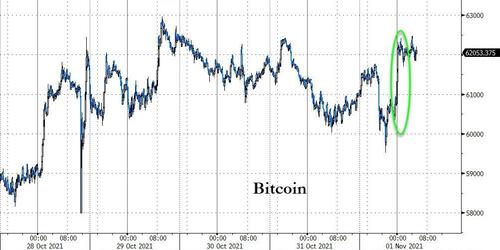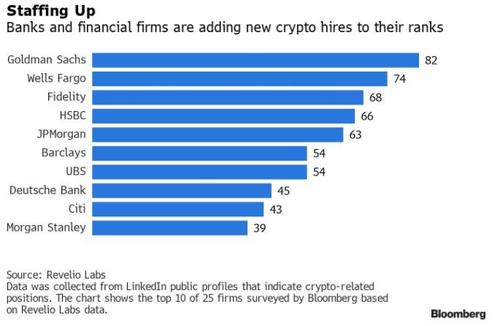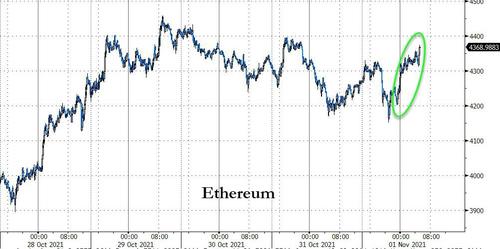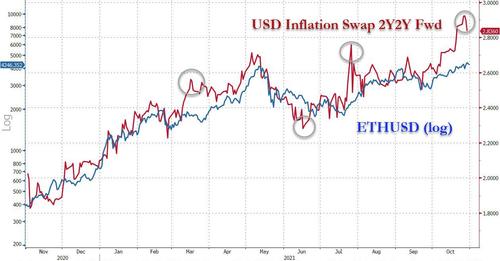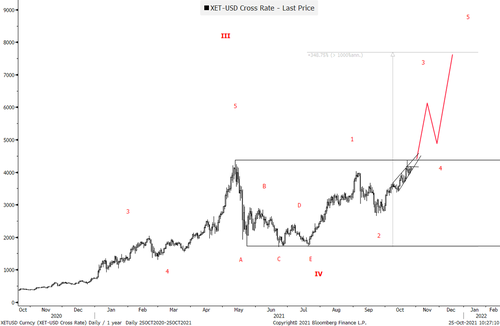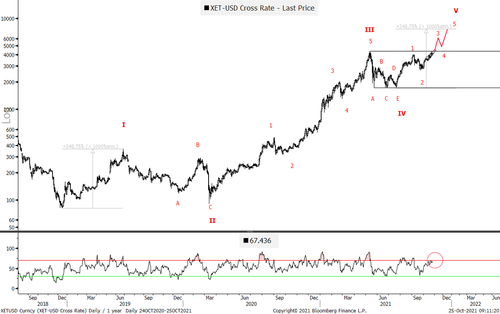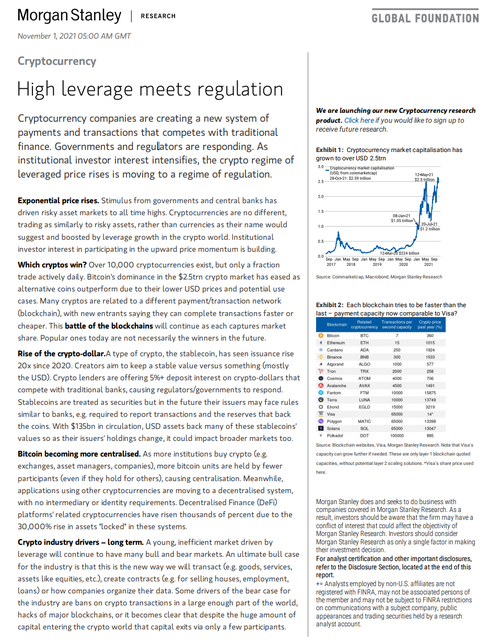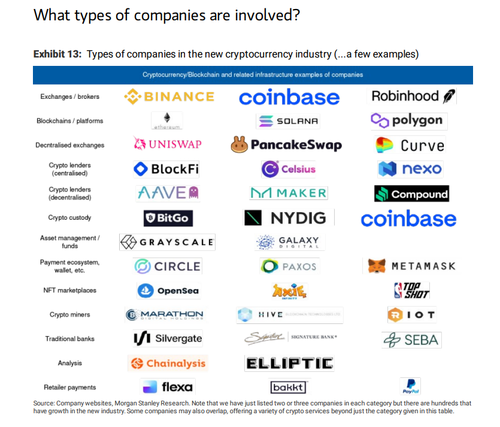World leaders are gathering to discuss climate change at a United Nations summit, just as President Joe Biden tries to get his own spendy domestic environmental agenda over the finish line. This week, the U.N.’s 26th Climate Change Conference will be held in Glasgow, Scotland, where world leaders will discuss their plans for meeting the emissions reduction targets set out in the 2015 Paris Agreement.
It’s an opportunity for Biden to convince both world leaders and the American public on his $555 billion plan to cut greenhouse gas emissions via a package of tax credits and subsidies.
The plan, part of a slimmed-down $1.75 trillion “Build Back Better” spending framework unveiled by the White House on Thursday, includes $320 billion in tax credits for clean energy power generation, electric vehicles, and lower-emission manufacturing. Some $110 billion would be spent on attempting to goose the domestic production of solar panels, batteries, and other less green industries like cement and steel. Another $105 billion would be spent on “resilience investments” to mitigate the effects of extreme weather events and “legacy pollution.”
Negotiations are continuing between congressional leadership and the White House, but it’s possible the “Build Back Better” framework will get a vote in the House later this week alongside an infrastructure bill that would authorize around $500 billion in new spending.
While domestic political wrangling over this spending plan continues, the president is touting all the environmental spending contained in the bill as evidence that the U.S. is committed to tackling climate change.
“This framework makes the most significant investment to deal with the climate crisis that has ever, ever happened—beyond any other advanced nation in the world,” said Biden in a White House speech on Thursday, reports The Wall Street Journal.
Whether the size of the climate provisions in the still-unpassed framework is enough to convince other countries to take more ambitious actions of their own remains to be seen. A G-20 summit in Rome over the weekend, which featured leaders of many of the same nations that will be represented in Glasgow, reportedly made almost no progress on how to cut greenhouse emissions, reports the Journal.
Despite the international image Biden is trying to cultivate as a global climate warrior, his administration has backed a number of less-than-green policies here at home. The White House’s Council on Environmental Quality is in the middle of a rewrite of federal environmental review rules that will make it far more expensive to complete projects environmentalists would normally endorse, whether that’s building wind farms off the coast or implementing congestion pricing in New York City.
The latest version of the “Build Back Better” framework also maintains a $20 billion bailout for the National Flood Insurance Progam, an effective subsidy for people to live in coastal areas threatened by rising sea levels.
FREE MINDS
New York City’s vaccine mandate is proving to be a surprise means of marginally shrinking government payrolls. Beginning Monday, city workers who have yet to get a single vaccine dose will be required to stay home. The New York Post reports that some 20,000 government employees, or about 10 percent of the city’s workforce, will be put on unpaid leave today.
That includes some 3,700 fire department employees, 8,000 police, and 2,000 sanitation workers. Fewer cops and firefighters on the streets have some worried that a vaccine mandate intended to improve public health will instead diminish public safety.
At least when it comes to firefighters, people should rest easy. The number of fires that occur in the country has been steadily declining for decades. Meanwhile, the number of career firefighters continues to grow.
Whatever one thinks of vaccine mandates for government employees, if some of the fire department’s vaccine refuseniks stay home permanently, New York City will end up setting fewer tax dollars alight well.
FREE MARKETS
A plan for a blocky new college dormitory at the University of California, Santa Barbara campus has the internet arguing about how much density is too much density. The controversial 11-story dorm would pack 4,500 students into small, mostly windowless single-occupancy rooms. The design of the building is the brainchild of billionaire investor Charlie Munger, who has promised to donate $200 million to the $1.5 billion project on the condition that his plans be followed to the letter.
In response to Munger’s proposal, an architect on the university’s design review board quit in protest, saying per the Daily Nexus student paper, that “the building is a social and psychological experiment with an unknown impact on the lives and personal development of the undergraduates the university serves.”
On Twitter, others were more favorable to Munger’s proposal. People have suggested that windowless, single-occupancy rooms might be an improvement over traditional shared dorm rooms and that they might even shift the Overton window on “the cube”—a utopian “yes in my backyard” (YIMBY) plan to house all of humanity in a single building in Manhattan.
QUICK HITS
• The American Medical Association has a new guide on how to talk about health disparities that heaps a surprising amount of blame on real estate developers for all the world’s problems.
• The New York Times has a big new investigation on the police departments around the country that fund themselves with fines and traffic tickets.
• The Los Angeles Times has more details on Alec Baldwin’s shooting of two crew members of the set of the movie Rust.
• American Airlines is canceling hundreds of flights because of weather and staffing shortages.
• U.S. Treasury Secretary Janet Yellen assures the public that everything is just fine with the country’s post-pandemic economic recovery.
• The Food and Drug Administration is delaying its decision on whether to approve the Moderna vaccine for adolescents so that it can evaluate if the shot increases the risk of myocarditis, an inflammation of the heart, reports The Washington Post.
• SpaceX’s latest mission is delayed due to bad weather. No indication that staffing issues played a role.

from Latest – Reason.com https://ift.tt/3nTidR0
via IFTTT

